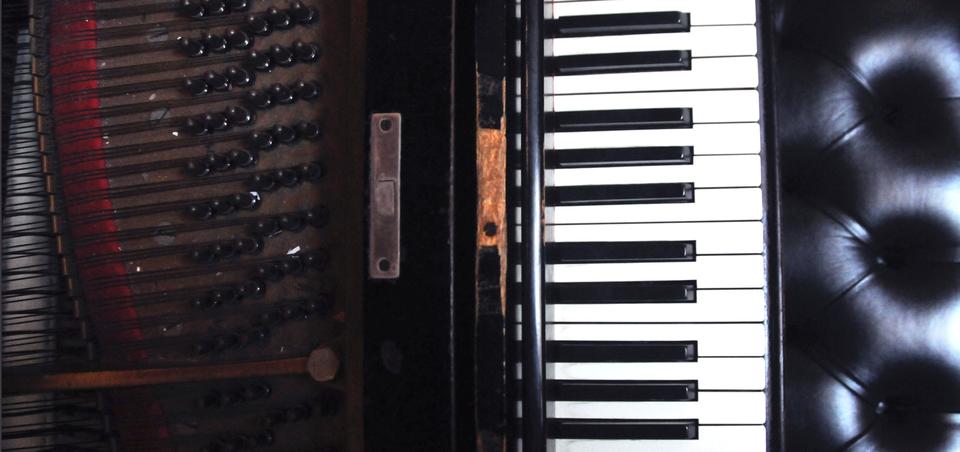No great poets find their voices alone. Even they discover their rhymes in the verses of others, their words in the lines that influence both their writing and their lives.
FM spoke with two such influential poets and thinkers of our time: Billy Collins, former U.S. Poet Laureate and author of the newly-released collection “Horoscopes for the Dead,” and English Professor Stephen Burt, esteemed literary critic and author of the Warren-Brooks Award-winning novel “Randall Jarrell and His Age.” Here’s what they had to say about two particular poems that stuck with them through the years, poems which affected how they developed as poets and as individuals:
Billy Collins on "Elvis Presley" by Thom Gunn:
“The first time I read ‘Elvis Presley’ was when I was your age—I was in my late teens; I was in high school, let’s put it at that. Before I read the poem, I didn’t know that it was permitted for a poet to write on Elvis, or about pop culture for that matter. I was aware of the notion of ‘decorum’—the idea that every age has its own unwritten code about what topics were okay for poets to write on and which were not.
“Reading Gunn’s poem opened up a whole field of possibilities for me; before I read the poem, I thought that poetry had to be about ‘serious’ things—I wasn’t serious at the time, but the topics that I wrote about were. I was, you know, decrying the ills of society, writing on my own personal anxieties, all of this in language that wasn’t very real. After reading the poem, I realized it was okay to write about, you know, Fats Domino or whomever—that it was okay to break decorum sometimes.”
Stephen Burt on "The Player Piano" by Randall Jarrell:
“The poem I most wish I had written, because it speaks to my sense of how we all live (not just how I have lived) the most, is ‘The Player Piano’ by Randall Jarrell.
“The poem, with its gradually settling repetitions, its silting out of memory from mere fact, implies that whatever life you end up leading, even the best life you could have, will be a life full of things you missed, a life that seems at least partly involuntary, played out, rather than played with feeling to the end.
“It’s also a great poem about childhood that’s also a great poem about being an adult, about having and about missing a family, about Americanness and about what we speakers of American languages have in common with the old, translatable world.”


